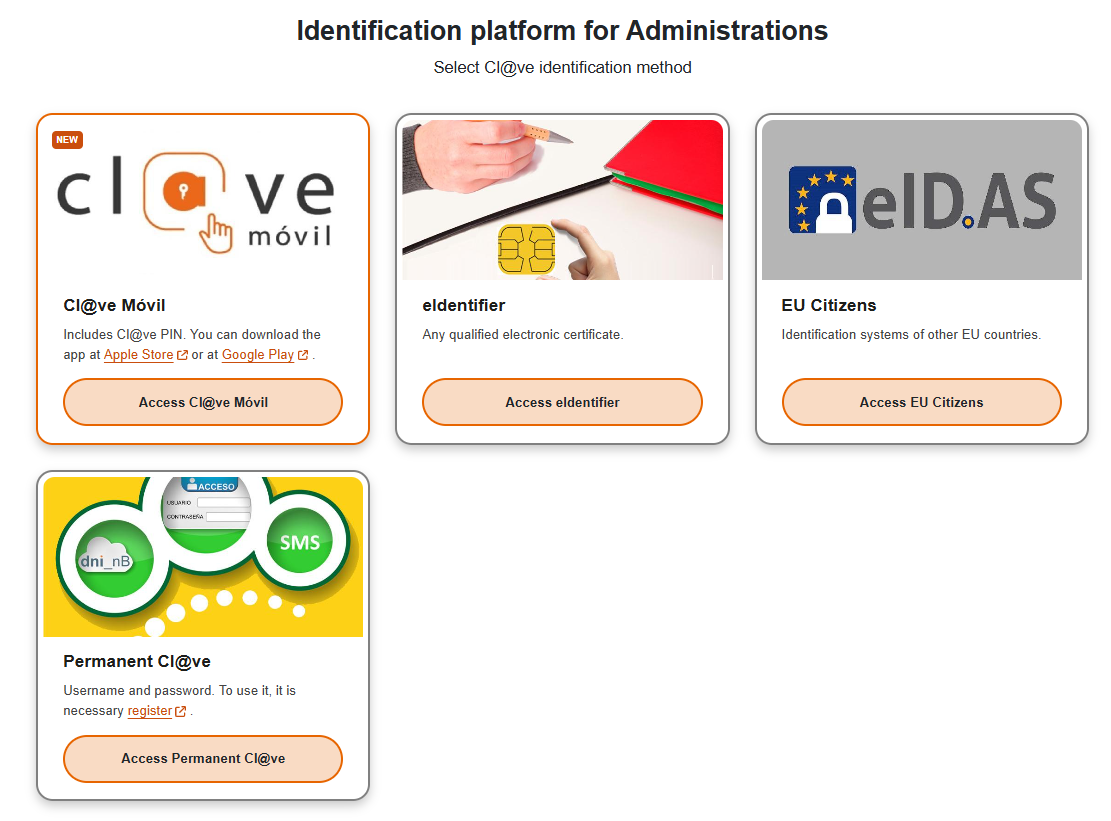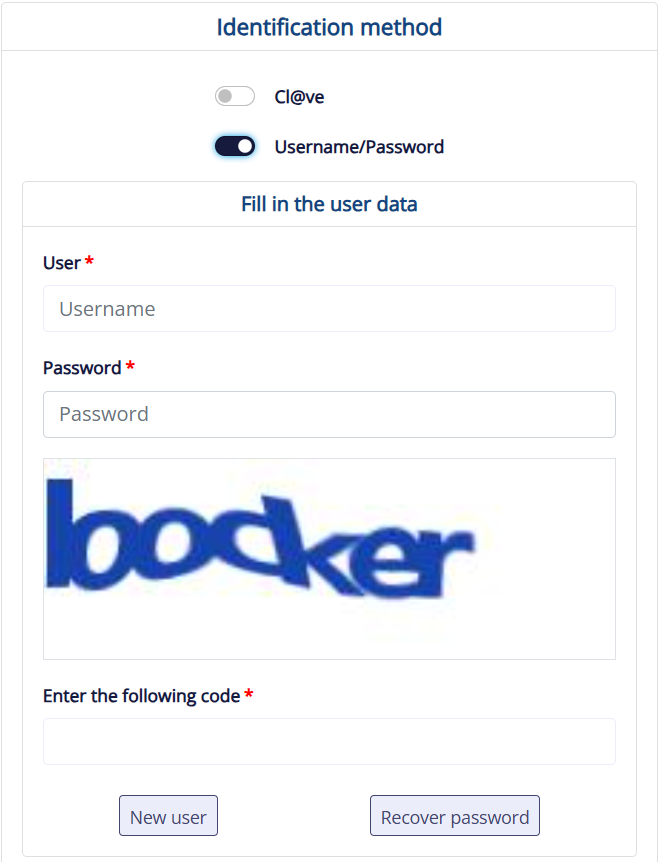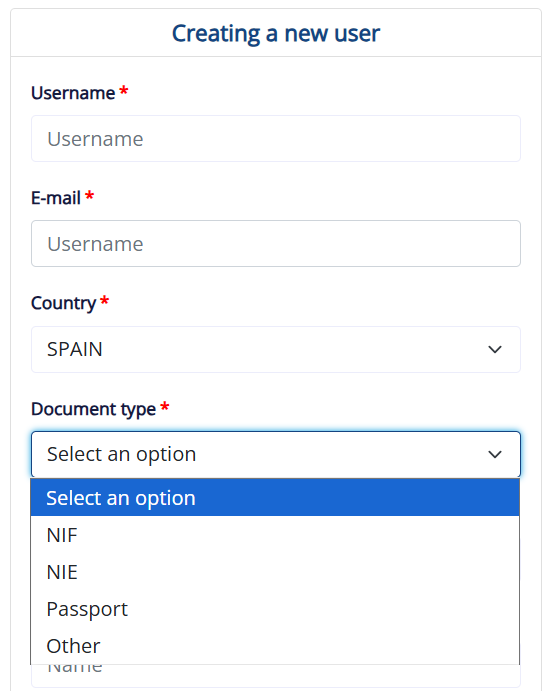Traveller Registration with the Spanish Police
All you need to know about how to register your holiday rental guests with the police in Spain

August 2025
If you’ve ever enjoyed a holiday in Spain, you may know that you need to show legal ID during the check-in. Now, it’s time to look at that process from the landlord’s point of view. Why is it necessary to register your guests with the police, and how can you do it?
What is police registration for holiday rentals in Spain?
If you own any kind of tourist accommodation in Spain, the police want to know who will be staying there. This means you’re legally obliged to complete police traveller registration for each guest. This must be presented to the police within 24 hours of check-in.
There are a few reasons for this. Firstly, the Spanish authorities like to know who is in their country and where they are staying at any given time. Similarly, everyone in Spain —citizens, residents and visitors— is legally obliged to carry ID with them at all times and show to the police if requested. This may seem unfair to travellers from countries with more relaxed laws, but it’s a basic legal requirement of the Spanish system.
Secondly, these registrations can be used to monitor the number of tourists staying in an area at any given time. In recent years, several popular Spanish holiday destinations have had problems with overtourism. This system allows the local authorities to check how many visitors are in their municipality at one time.
Finally, in some parts of the country — currently Catalonia and the Balearic Islands, but more regions are likely to follow soon— there is a tourist tax levied. This must be paid on a per-head, per-night basis. Legal guest registration means that the authorities can quickly see how many visitors stay in each facility and how much tax is due to be paid.
Landlords who rent holiday flats but do not register guests face severe legal consequences. These start with fines but can be much stricter — in some cases, landlords have lost their tourism licences for failure to comply with this law.
How can I register tourists when I rent out my holiday home?
As a rule, you are expected to register tourists after check-in. You will need to fill out a police traveller registration form and send it to the authorities within 24 hours. In addition, you must keep a traveller register book, which can be physical or digital. This book can have a minimum of 100 and a maximum of 500 pages.
As part of the registration process, you will need the following information from each guest:
- Full name
- Sex
- Nationality
- Date of birth
- Home address
- Email address
- Telephone number
- National ID or passport number
You will also need to provide the following information:
- Accommodation address
- Duration of stay
- Number of guests
Luckily, this process has been simplified through online platforms. Landlords can now use these platforms to quickly register travellers without having to physically go to their local police station.
To complete the process online, you can use the SES.HOSPEDAJES platform, created by the Ministry of the Interior to replace the old Guardia Civil (Hospederías) and Policía Nacional (Webpol or e-Hotel) systems. However, please note that if your property is located in Catalonia or the Basque Country, you will need to use different platforms, which we will cover below.

How to use the SES.HOSPEDAJES online platform to register tourists
The SES.HOSPEDAJES platform is managed by the Ministry of the Interior, or the department of the Spanish government that’s responsible for pubic and national security. So all the information you submit here will be processed directly by them. Before you can use its online platform though, you’ll need to register as a landlord.
To do this, go the website and click “Identificate” in the top right of the page (this is “Log in” if you have the page translated to English). From here you can select either to register using a digital certificate from Cl@ve, or a simple username and password.
Cl@ve is a system that allows Spanish residents to safely identify themselves online when accessing government portals. If you choose this option, you will need to be registered on Cl@ve, where you will receive a PIN or a digital certificate that you can use to log in.
Alternatively, if you choose the username and password, simply click “New User”.

Registering using the Cl@ve method: select “Cl@ve Movil” to use your pin, or “eIdentifier” to log in using your digital certificate.

Registering using the username and password method
When registering with a new username and password, you will now have to enter an email address and username, along with an identity document and its number. This can be your NIF (Tax Identification Number), NIE (foreigner identity number) or passport number. You will also need to submit your name, surname and add a password.

Once this is done and you’ve created a new account, you will need to add information about your holiday accommodation to register it with the Ministry of the Interior. This includes its address, accommodation type (villa, apartment, etc.), license number and visitor capacity, as well as your contact information. You will then receive a confirmation email from the Ministry with further instructions on how to verify and confirm your account creation.
After you’ve followed these instructions, you can register guests with the police on this same platform. Simply log in to your account and find the “traveller registration” section. Here you can enter and submit all the required information about your guest(s).
As a holiday rental landlord in Spain, it’s essential that you follow these steps. If you don’t, your business could be in jeopardy. Registering guests doesn’t take long, and the consequences of non-compliance are extremely serious.